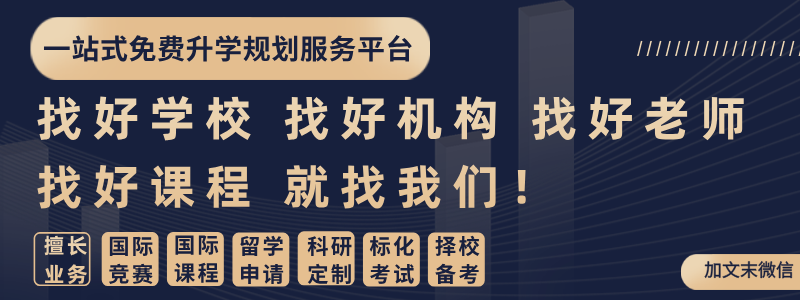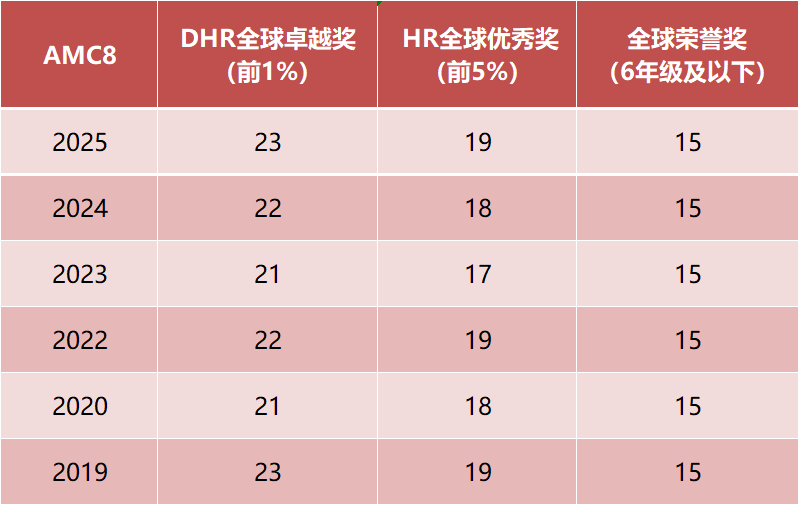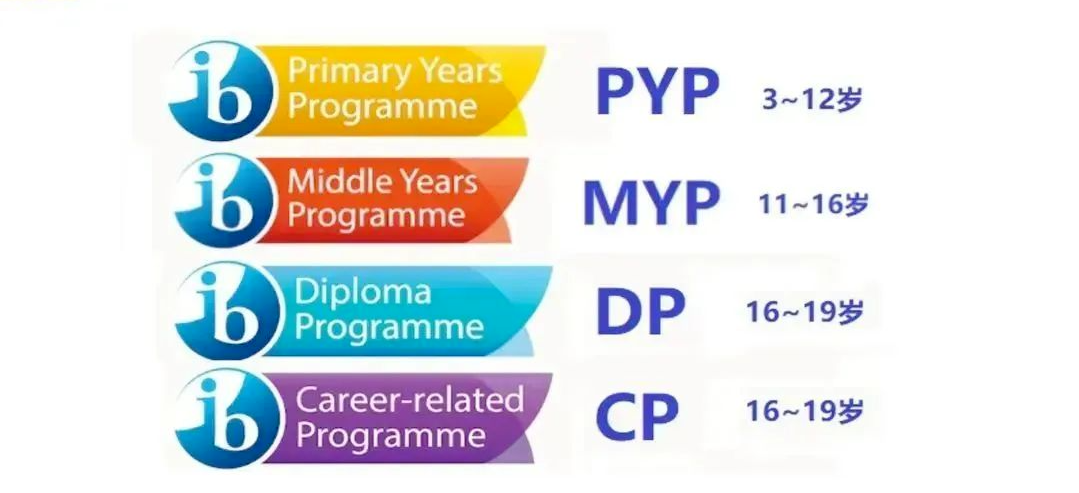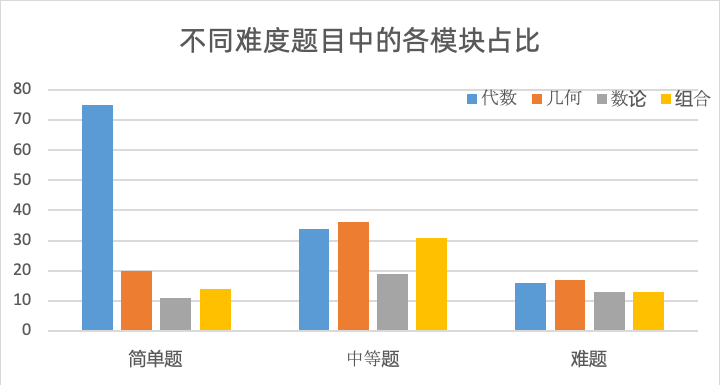2025年5月17日托福学术讨论
Doctor Gupta
Today, we will examine what economists call incentives-the motivations that lead people to make certain choices. Cost is a major category of economic incentives. People tend to change their behavior when a particular choice gets more expensive. Let's discuss an example. Some economists argue that a good way to reduce air pollution is for governments to raise the cost (through taxes or other means) of fuel for cars. Do you agree or disagree with this viewpoint? Why?
审题注意点
1. 题目的主干是“a good way to reduce air pollution is for governments to raise the cost (through taxes or other means) of fuel for cars”
2. 注意几个限定,目的是“减少空气污染”,主体是政府而非个人或公司,以及税收的对象是“燃油车”,讨论需要围绕这几点展开。
高分范文
From my point of view, Clair’s point is quite reasonable. When driving becomes more expensive through fuel tax increases, people tend to optimize their transportation choices, resulting in reduced emissions and better urban air. Aside from that, there are number of people, including me, claiming that increased fuel tax revenue provides governments with critical funding to tackle pre-existing environmental damage caused by pollution. To elaborate, by allocating these proceeds to upgrade factory filtration systems and finance renewable energy innovations, governments could systematically address environmental contamination in the coming years. Take my hometown government as an example. After raising taxes, the funds were used to create better car pollution filters. With this standard in new vehicles, regions reported a 50% reduction in days exceeding air quality hazard. Obviously, raising the cost isn’t just a quick fix to limit driving behavior. It deals with pollution problems from multiple angles while creating opportunities to upgrade the whole environmental quality.













